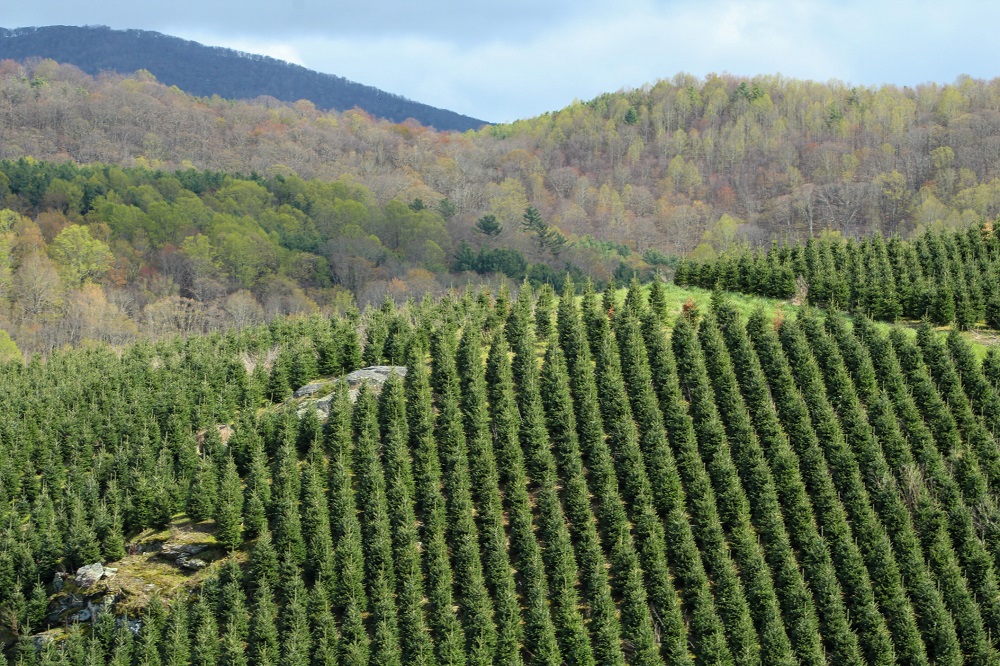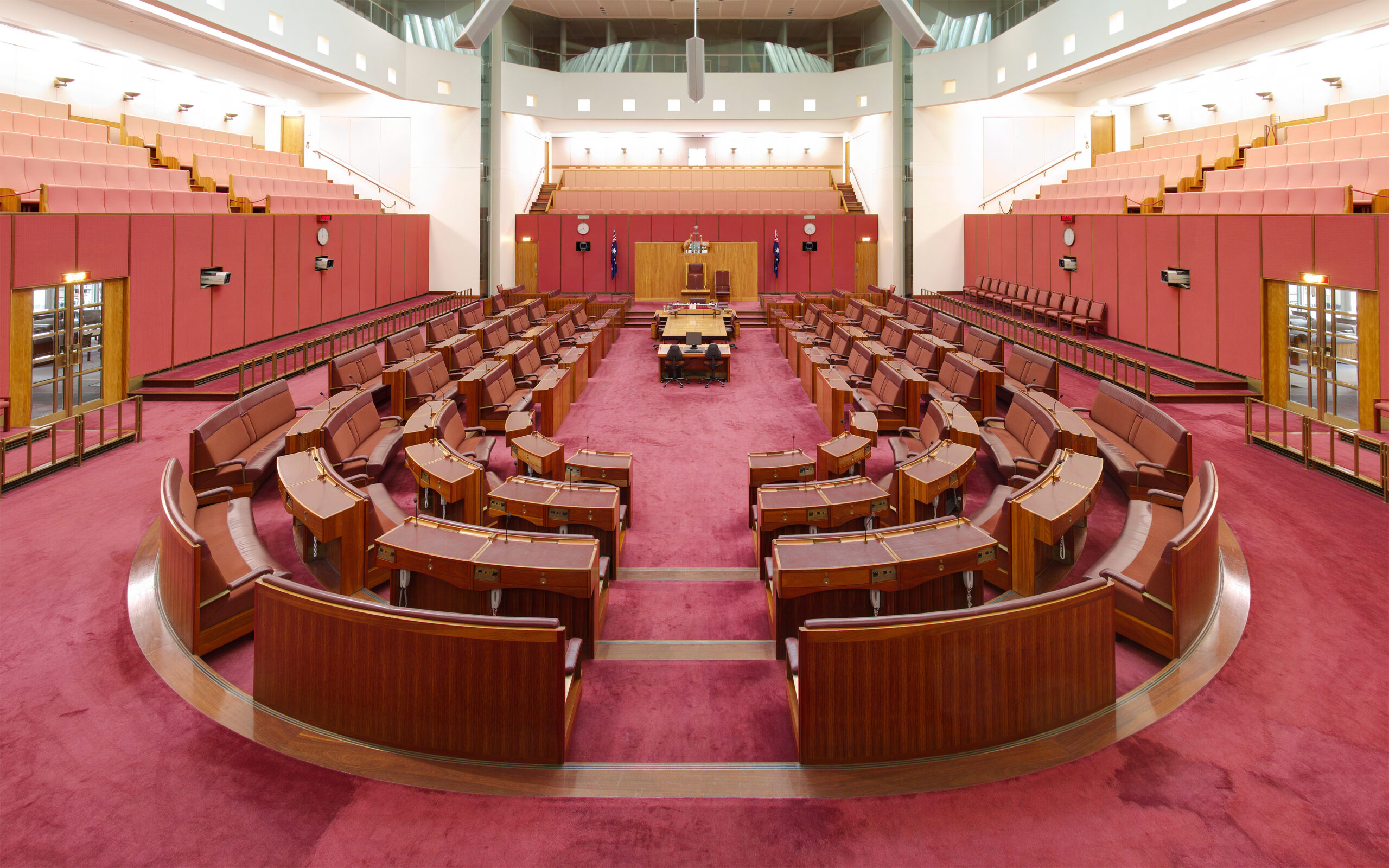Welcome to Our Research Archive
Search and filter by content type, issue area, author, and keyword
- ✕ Clear Filter
- AI (1)
- Article (3)
- Articles (953)
- book (1)
- Climate (230)
- climate change (1)
- data dashboard (14)
- electricity (3)
- energy (237)
- Events (25)
- op-ed (2)
- Podcast (3)
- Post (2)
- Puerto Rico (1)
- Report (2)
- Reports (16)
- science (79)
- science funding (10)
- science trust (10)
- technology (525)
- testimony (1)
- Working paper (1)

September 24, 2024
Australia Disconnects (Again)
Australia has made something of an art form of leading the world with digital laws that look interesting at first blush but then prove either difficult to implement or impotent. Way back in 2015 came the “Hockey Tax” in which Treasurer Joe Hockey passed a law requiring Netflix—not then a registered Australian company—to pay taxes on subscriptions…

September 24, 2024
Disconnecting Australian Children from Social Media
Flushed with the success last month of granting workers the “right to disconnect” from work communications after hours, the Australian government now plans to disconnect children from social media. On Tuesday, September 10, Prime Minister Anthony Albanese announced plans to introduce legislation to enforce a minimum age for social media access—likely around 14 to 16—before the end…

September 23, 2024
A Decades-Old Environmental Law in Need of a Makeover
Last week, SpaceX pushed back its timetable for the launch of Starship, the most powerful rocket ever built, and singled out government regulations as the cause: Unfortunately, we continue to be stuck in a reality where it takes longer to do the government paperwork to license a rocket launch than it does to design and build…

September 23, 2024
Australia’s Misinformation Police
A few days ago Australian legislators introduced a bill focused on “Combatting Misinformation and Disinformation.” The Australian Parliament explains the purpose of the bill: The bill proposes to amend the Broadcasting Services Act 1992 and would make consequential amendments to other Acts to establish a new framework to safeguard against serious harms caused by misinformation or…

September 23, 2024
The National Science Foundation: Juggling Basic Research and Critical Technologies
Several weeks ago, National Science Foundation (NSF) Director Sethuraman Panchanathan announced that the new Directorate for Technology, Innovation, and Partnerships (TIP) would focus on four technology areas over the next three years, a substantial reduction from the 10 technology areas mandated by Congress in the 2022 CHIPS and Science Act. The agency cited budget constraints…

September 23, 2024
Response To The Office of Energy Efficiency and Renewable Energy
SummaryEnergy “savings” as asserted by DoE in its notional CRE Standards as analyzed in theNotice of Data Availability and Request for Comment are illegitimate as a benefit of any suchStandards because they shunt aside the CRE performance benefits attendant upon the higherenergy use currently observed. CRE consumers, after all, are not fools. In any event,…

September 23, 2024
The National Science Foundation: Juggling Basic Research and Critical Technologies
Several weeks ago, National Science Foundation (NSF) Director Sethuraman Panchanathan announced that the new Directorate for Technology, Innovation, and Partnerships (TIP) would focus on four technology areas over the next three years, a substantial reduction from the 10 technology areas mandated by Congress in the 2022 CHIPS and Science Act. The agency cited budget constraints as the…

September 20, 2024
Broadband Providers Should Not Be Liable for User Copyright Infringement
When a company provides a product capable of multiple uses, should the company be blamed because some of its customers misuse the product to break the law? In the copyright context, the Supreme Court revisits this question every two decades or so, as new technologies create novel ways to infringe intellectual property. Last month, Cox Communications…

September 19, 2024
Tips for Lawmakers About Protecting Minors Online as Instagram Steps Up Safety
A federal court last week in NetChoice v. Reyes preliminarily blocked enforcement of a Utah law for likely violating the First Amendment speech rights of social media companies “to collage user-generated speech into their ‘own distinctive compilation[s] of expression.’” While acknowledging the state’s “earnest desire to protect” the minors’ mental health and privacy interests, US District Judge Robert J. Shelbydeemed the law a content-based…

September 19, 2024
The Broadband Dilemma (with Janice Hauge and Mark Jamison)
The National Telecommunications and Information Administration’s (NTIA) $42.5 billion Broadband Equity, Access, and Deployment (BEAD) Program, passed by Congress three years ago, set out to close the digital divide by bringing broadband to unserved and underserved communities. Yet despite the ambitious goal of getting all Americans online, progress has been slow. As of September 17,…